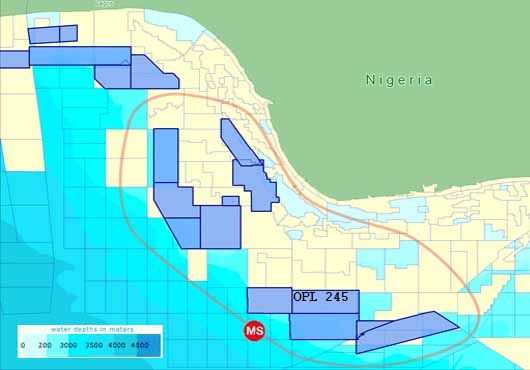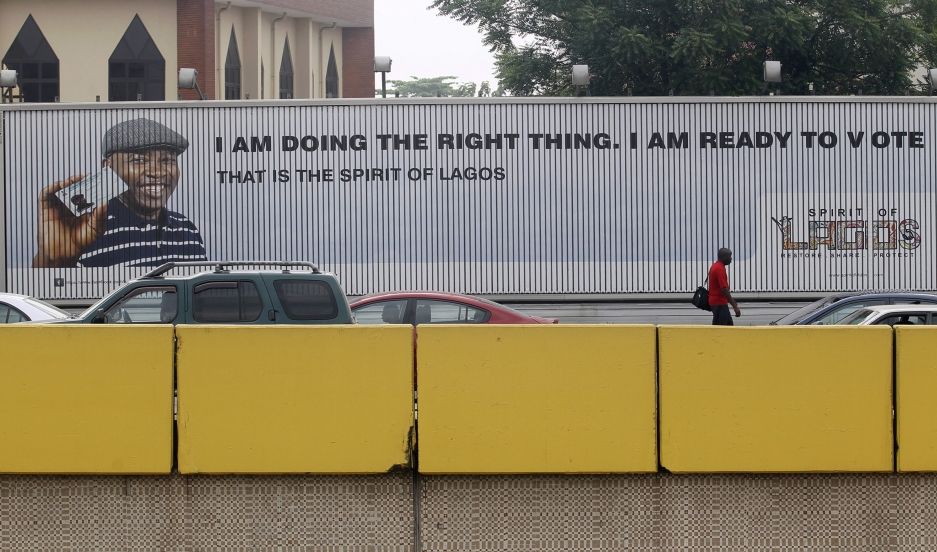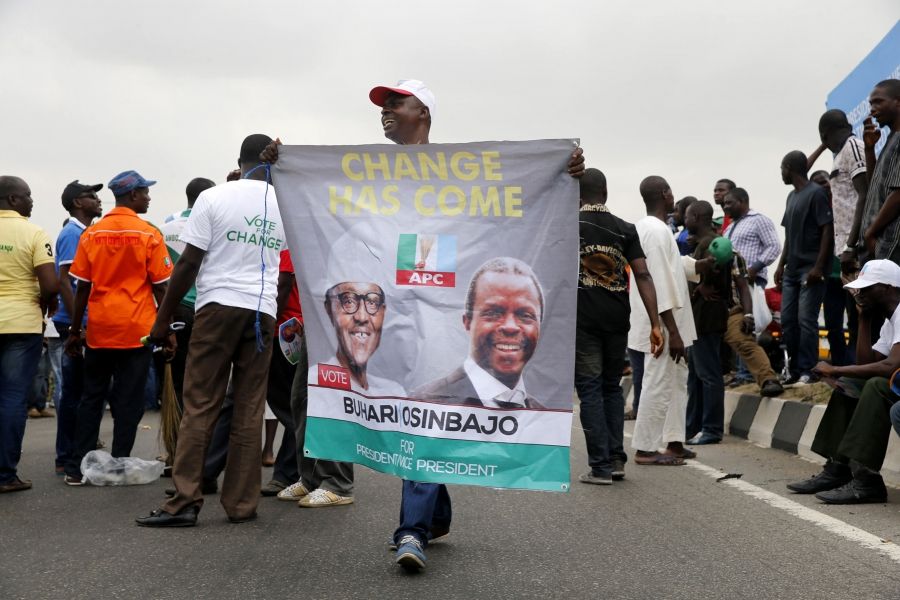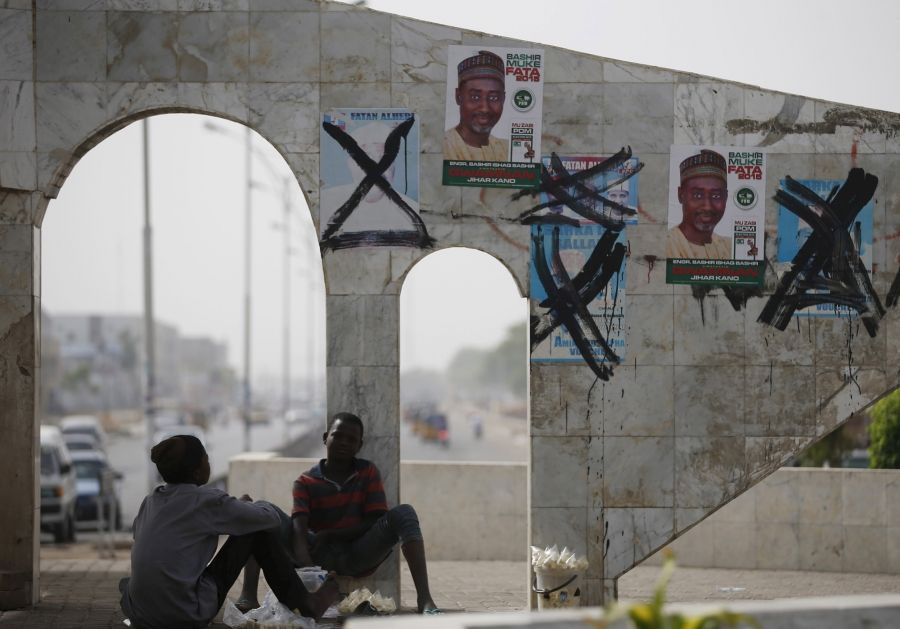Objective:
Students will examine the effect of the discovery of a valuable resource such as oil has on the political culture of that country.
Warm-up:
(Omit if periods are not long enough)
Working in three groups, consider the following: According to the CIA Factbook, Nigeria has emerged as Africa's largest economy, with the 2013 GDP estimated at US$ 502 billion dollars. Nigeria has more billionaires than any other country in Africa. Yet as of 2014, the CIA Factbook informs us, 62% of Nigeria's 170 million people live in extreme poverty.
- For a few minutes, speculate as to why this might be the case.
- What is meant by the term Rentier economy? Look up the term in your textbook or online and in your own words write your own definition.
- Each group should briefly report on their speculations and definition.
Introducing the Lesson:
Today we will explore two articles, and several related pieces that look at various aspects of politics in Nigeria. Two of the articles being explored today come from the Pulitzer Center, a center that funds international journalists, and the other pieces are by the same author, Julia Simon.
Keeping the same three groups:
Group #1 should analyze article 1: "Nigeria: Sorry Oprah, You’re not Number One..."
Answer these questions:
- Who is Folorunsho Alakija?
- How did she become interested in clothing design?
- How did she get her “oil block?”
- How is this story emblematic of the poor income distribution in Nigeria?
Group #2 should analyze article 2: "Nigeria's Choices For President: A Former Military Ruler Or A Corrupt Incumbent"
Answer these questions:
- In the recent Nigerian elections. Who were the two major candidates? What is the background platform of each? How is oil related to these elections?
- How was the issue of Boko Haram involved?
- How were the hats of each candidate emblematic?
Look up which of the major candidates won? Would you have predicted this from the article?
Group #3 should examine other articles on Nigeria by Julia Simon: "Stealing Oil Is Easy, Selling It On The International Market Isn't," "Selling Oil on Craig’s list. How is it done?"
- How is this relatively smallscale corruption related to the larger scale corruption that characterizes Nigerian society and politics?
Conclusion: The three groups will each present something of what they learned to the other two groups.
Assessment:
Having examined the complicated mixture of politics, oil, and corruption, Write 250 words of analysis of this subject for Johnnie Carson, former Assistant Secretary of State for Africa, now at the U.S. Institute of Peace, that focus on either what the U.S. can do to aid Nigeria in fighting corruption and promoting democracy. The best essay will be sent to the USIP for their comment.*
(* The USIP often agrees to this sort of thing if asked ahead.)
This piece is being written to a former ambassador, so observe grammatical and spelling conventions, and write precisely and carefully.
CCSS.ELALiteracy.W.1112.7
Conduct short as well as more sustained research projects to answer a question (including a self-generated question) or solve a problem; narrow or broaden the inquiry when appropriate; synthesize multiple sources on the subject, demonstrating understanding of the subject under investigation.







